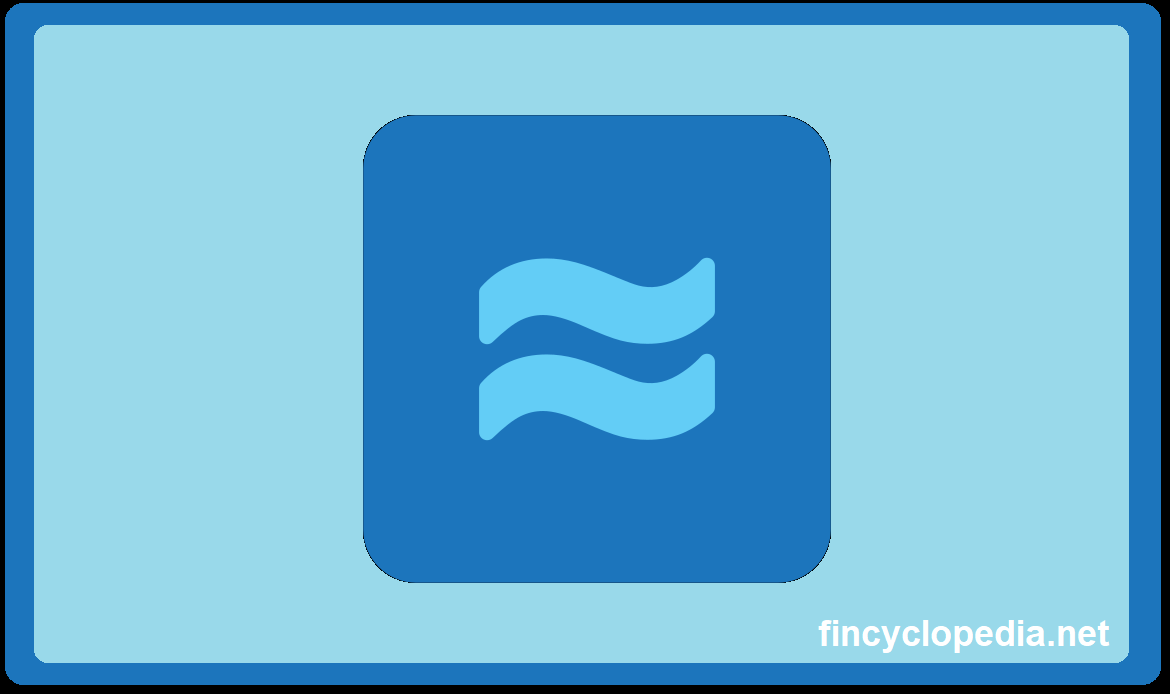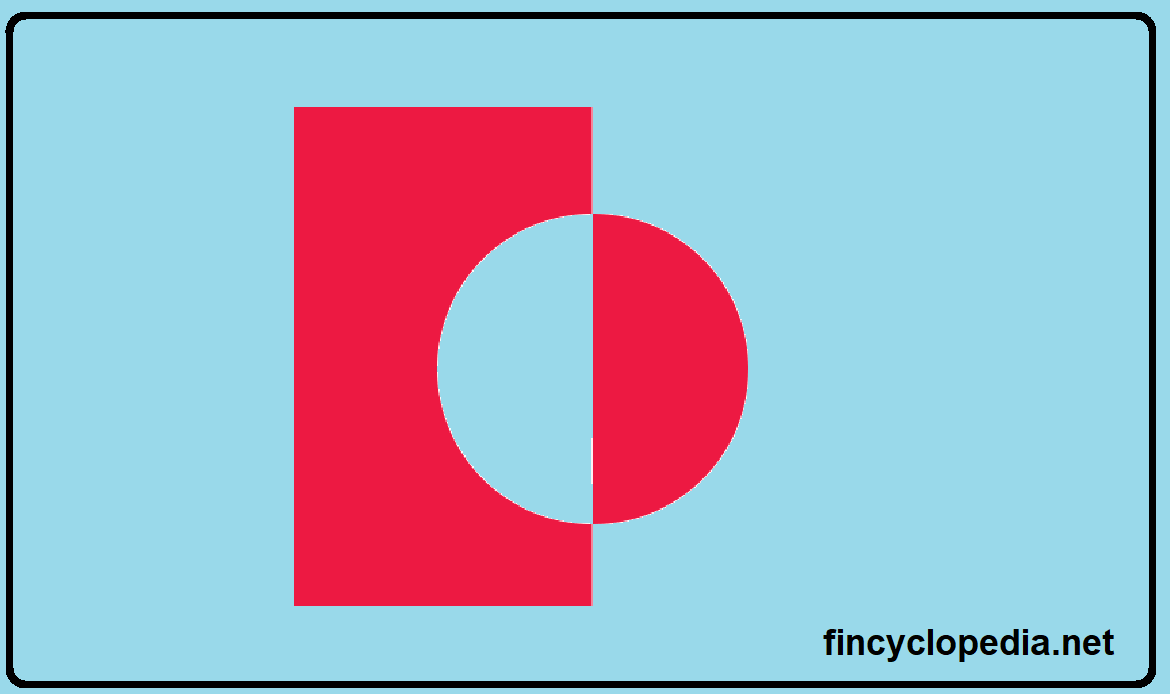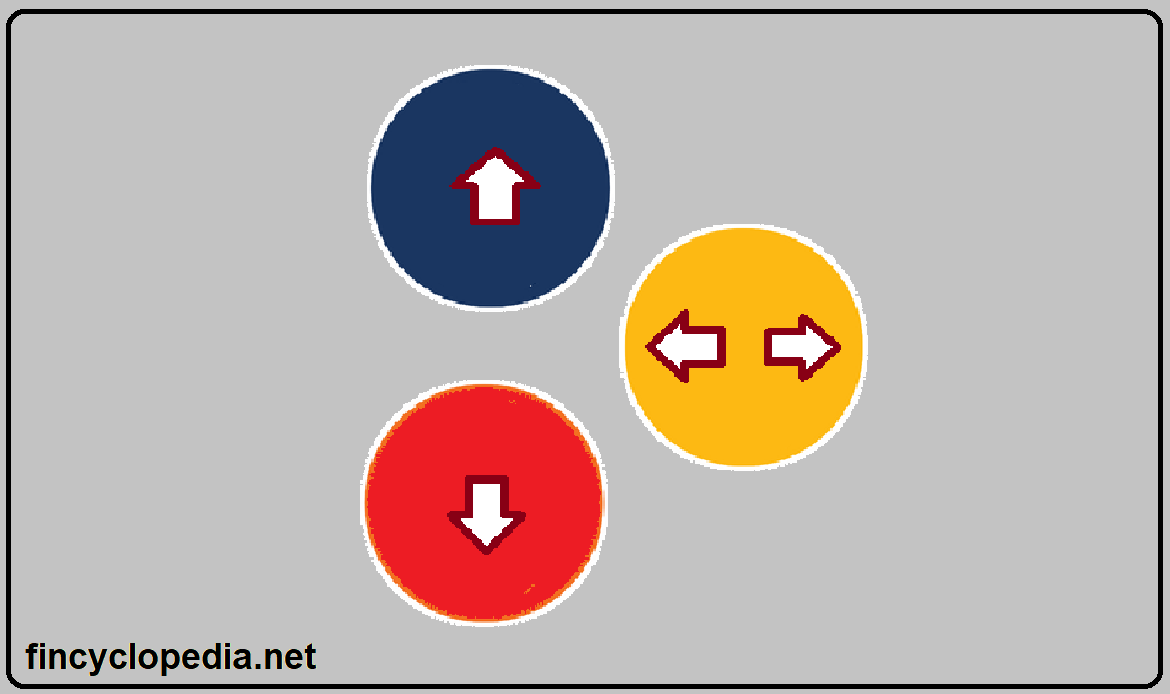Non-monetary transactions are exchanges and nonreciprocal transfers that involve no monetary assets or liabilities (non-monetary assets/ non-monetary liabilities), or at most little amount of such items. By nature, monetary assets are assets whose amounts are fixed in terms of units of currency (e.g., cash, accounts receivable, etc.), while non-monetary assets are those whose value changes over time due to internal and external factors, such as inventories, investments in common stock, and property, plant, and equipment (PPE).
In general, non-monetary transactions constitute any exchanges and non-reciprocal transfers that involve little or no items such as cash, accounts receivables, notes receivable, accounts payable and notes payable. Other such transactions include dividends-in-kind, exchanges of inventory for other in-kind products, non-monetary assets exchanged for common stock, charitable donations of property, contributions of land by a government to private entities, and so on.
In view of the above, there are three types of non-monetary transactions:
- Nonreciprocal transfers to owners – such as: dividends-in-kind, split-ups, and spin-offs, and non-monetary assets exchanged for common stock.
- Nonreciprocal transfers with nonowners – such as: charitable donations of property either made or received by a reporting entity, and contributions of land by a government to a private business, etc.
- Nonmonetary exchanges – such as: exchanges of inventory for cash-generating or other in-kind assets, exchanges of inventory for raw materials, etc.






